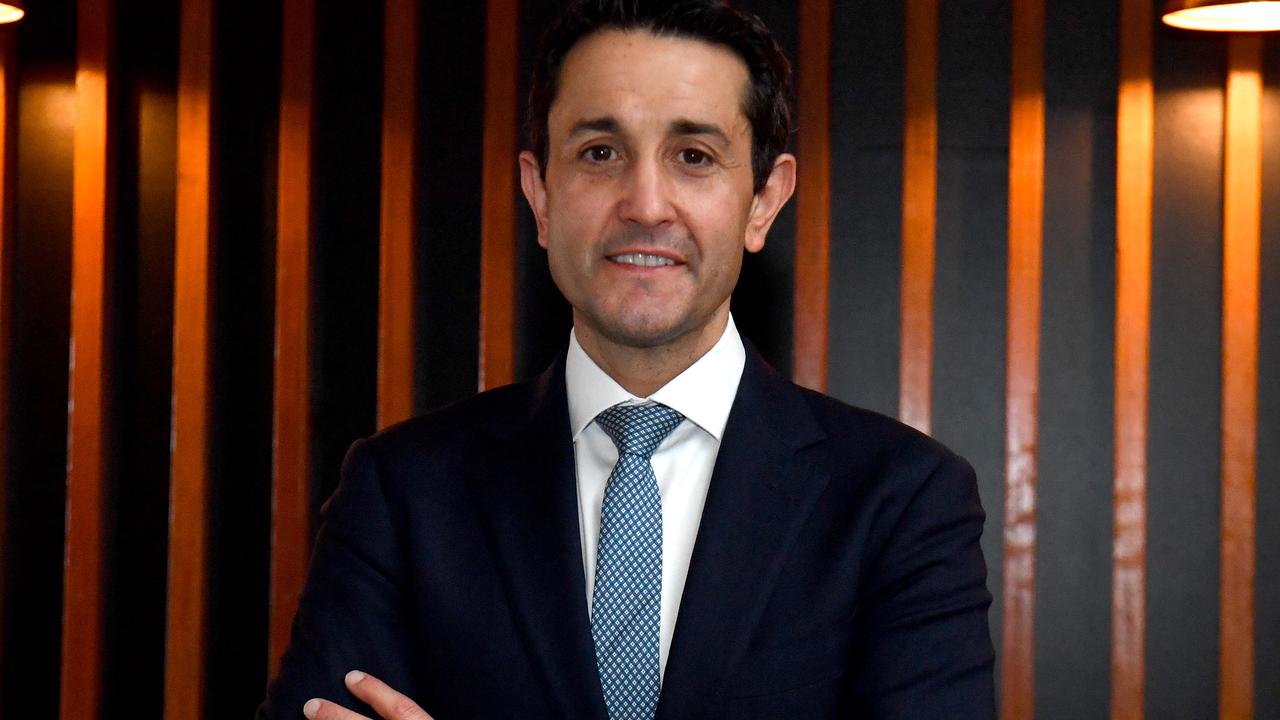Public servant acquitted of filming pre-teen in shower reprimanded
A Queensland Health worker has failed to overturn his formal reprimand for failing to tell his employer that he had been charged with using his phone to film a pre-teen girl in the shower.

Police & Courts
Don't miss out on the headlines from Police & Courts. Followed categories will be added to My News.
A Queensland Health worker has failed to overturn his formal reprimand for failing to tell his employer that he had been charged with using his phone to film a pre-teen girl in the shower.
Brian Mathers, a cook supervisor at the Redcliffe Hospital, was slapped with the reprimand by Queensland Health on July 4, despite a jury acquitting him of accusations of placing his phone against the bathroom window of his home in Newport, north of Brisbane, and filming the girl when she was aged 12 and 13, on two occasions between December 2020 and October 2021.
He was found not guilty of two charges of making child exploitation material and one charge of possession after a trial in the Brisbane District Court in November last year.

Details of the reprimand were revealed in a decision handed down last Friday by Queensland Industrial Relations Commission (QIRC) Commissioner John Dwyer, after Mr Mathers applied to overturn it.
Queensland Health submitted that Mr Mathers was obliged to tell them if they have been charged or convicted of an indictable offence, and although he completed training on the code of conduct, he failed to inform them.
He was also obliged to tell them that he had appeared in court on the charges.
Mr Mathers was charged in November 2021, but Queensland Health was unaware of them until February 2022 when it was told by the Office of the Health Ombudsman, and Mr Mathers then disclosed them.
Mr Mathers told the QIRC he got legal advice about his obligations to disclose the charges at the time and was advised that he did not have to, and that he cannot be expected to know every one of Queensland Health’s numerous policies.
“While I can fully understand Mr Mathers reticence to disclose the charges, the importance of his obligation to do so cannot be ignored,” Mr Dwyer concluded.
“I do not consider that the legal advice or the absence of policy specific training relieved him of his obligation to comply with the policy,” he wrote.
“I accept that his non-compliance was not a deliberate act of deceit, and that his failure to comply with the policy was not entirely his fault,” he wrote.
“I have some degree of sympathy for Mr Mathers. He was confronted with a relatively unique dilemma and no doubt wanted to protect his privacy in circumstances where he had not been convicted of the charges. He believed (apparently correctly) that he would not be convicted and, given the matters did not arise in the context of his employment, he elected to conceal them,” Mr Dwyer noted in his decision.
“The stigma of merely being charged with criminal offences can have lasting detrimental
impact on professional and personal relationships. There is something counter-intuitive
about a compulsion to disclose mere charges in those circumstances (as opposed to
convictions),” he wrote.
“However, the respondent has a significant duty of care to the public it serves. While mere
charges are not of themselves a basis to determine an employee’s fitness to remain in the
workplace, they are an indicator of an undetermined risk,” Mr Dwyer stated.
He said that Mr Mathers Mr Mathers could have checked the policies online or posed a hypothetical to a colleague or manager who might be more familiar with the obligation.
Mr Dwyer ruled that Queensland Health’s decision to reprimand Mr Mathers was not unfair and not unreasonable.
Mr Dwyer did not try to overturn an earlier Queensland Health decision ruling that found the allegations that he did not declare the charges, or his appearance in court, were substantiated.


